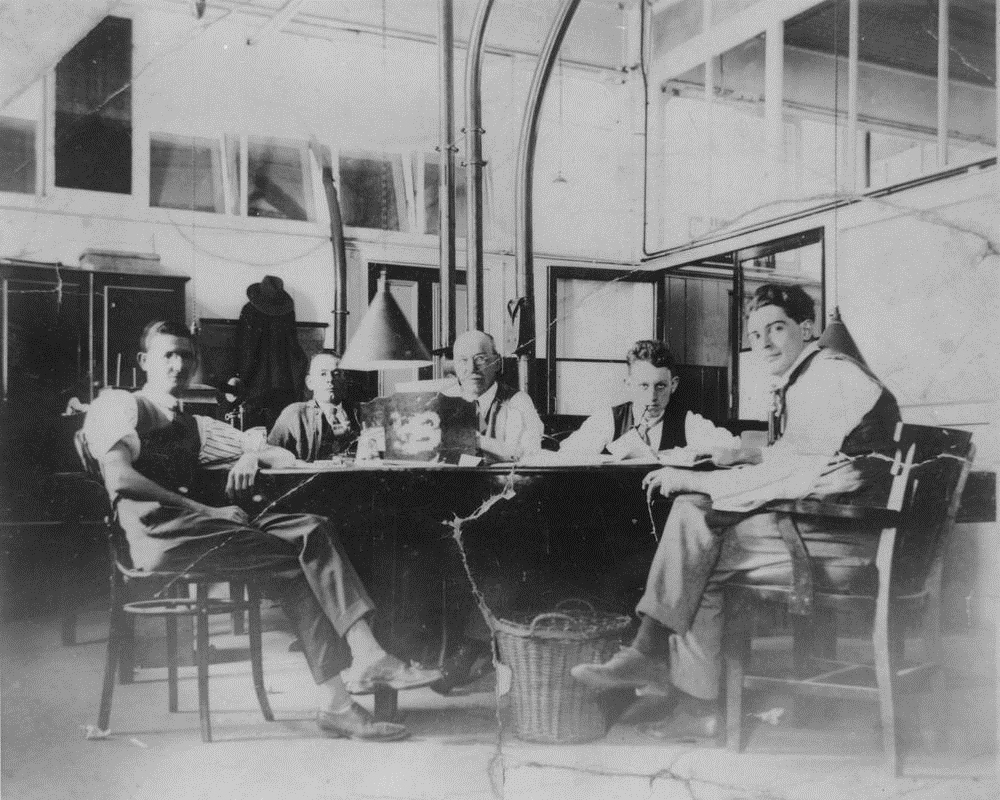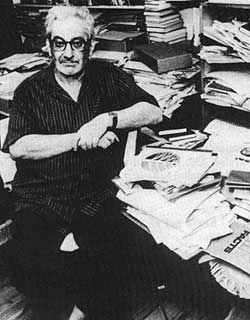Update 3 August 2016: Richard Denniss in The Monthly on Brexit, election, perceptions, the media and the whole damn thing.
Update 22 July 2016: Sean Kelly in The Monthly Today on some of the issues below.
____________
The founder of media studies in Australia, the late Professor Henry Mayer, said of the 1972 federal election that ‘a much larger proportion of people than is usual was excited about the election, involved in it, and thought the outcome would make a real difference to their lives’. The 300-page book Mayer edited on that election had more than 30 pages on the role and attitudes of the media, almost entirely newspapers, including detailed analyses of the extent of bias in The Age and the Sydney Morning Herald plus content analysis (with lots of numbers) of the coverage of the election in overseas newspapers.*
We lacked (we were told by the mainstream media) that excited reaction to the recent election. We also tend not to do that sort of media analysis today – or at least not to give it a high profile, if we do. Some might say, ‘More’s the pity’.
Still, five pieces, in varying degree descriptive and analytical, say some interesting things about the role of the media in this latest federal election. They should provoke some thought, also.
 Sub-editors’ room, Brisbane Courier, 1930 (Wikimedia Commons/State Library of Qld)
Sub-editors’ room, Brisbane Courier, 1930 (Wikimedia Commons/State Library of Qld)
We noted previously a piece by Russell Marks in The Monthly, where he complained that the media ‘prioritised personality over policy during this election campaign’. That misplaced focus may have helped them to get the result of the election somewhat skewed, an outcome which Matthew Knott pinned well in Fairfax.
Some [journalists] insist they got it [the result] spot on. But many admit they expected a more decisive Coalition victory than occurred. And they concede this influenced the way the media covered the campaign. One gallery veteran put it simply: “We didn’t believe the polls.”
Former journalist Jim Parker took up the theme in his blog Failed Estate but asked a different question.
As this blog and others have tirelessly (OK, tiresomely) argued over the years, the focus of political reporting is too much on who’s winning the horse race and not on the substance. That is partly a consequence of the professionalisation of politics, the loss of specialist reporters and the commodification of straight news. Everyone knows what’s happened and is remarking on it via social media, so that encourages journalists to play up their “insider” credentials, deciphering the multiple layers of spin. They become professional pundits rather than reporters.
He compared the form of different journalists and wound back to the article by Marks above, which impressed him.
Then there was Tim Dunlop on medium.com, who analysed at length the fuss that followed a Tweet by Leigh Sales of the ABC commenting on John Howard commenting on Sir John Chilcot commenting on Iraq. Dunlop circled around the Sales remark and concluded:
What a significant section of the audience heard when they saw the original Tweet by Leigh Sales was: I am on his side, not on yours. I have more empathy with his point of view than I do with my audience’s. In expressing admiration for John Howard’s press conference, she was telling her audience that she approaches her entire job in a way that gives politicians the benefit of doubt and she was confirming what many in the audience feel in their bones, that journalists too often come across as siding with power rather than challenging it.
Finally, Dave Donovan on the strong independent media outlet called, surprisingly enough, Independent Australia, took a punt at a general issue which might be filed away to check progress around the time of the next election.
This election has proven that the days of the mainstream media’s vice-grip over public consciousness is waning. As independent and social media gains strength to give a voice to people outside the “bubble”, the days of bully megaphones in elitist enclaves dominating public opinion and thought seems to be fast subsiding.
But the job is not yet done. We must help continue the rise of the People’s Voice, and the downfall of the dictatorial unelected gatekeepers, by continuing to support independent media like this one and others. We can do this both by consuming their product, and supporting them financially through subscriptions and donations.
Democracy has had a victory this time ‒ the People have had their voices heard ‒ but the experts and the elites are no doubt in their bubble right now, plotting to rise again. We must not let them.
We’ll see. I wonder what Henry Mayer would have made of social media. I imagine he would have Tweeted frequently, provocatively and perceptively – and probably contributed a regular column to a bolshie independent website, as well.
 Henry Mayer (1919-1991) (University of Queensland)
Henry Mayer (1919-1991) (University of Queensland)
* Henry Mayer, ed., Labor to Power: Australia’s 1972 Election, Angus & Robertson on behalf of the Australasian Political Studies Association, Sydney, 1973
This piece later appeared on Independent Australia.
8 July 2016


Leave a Reply
You must be logged in to post a comment.